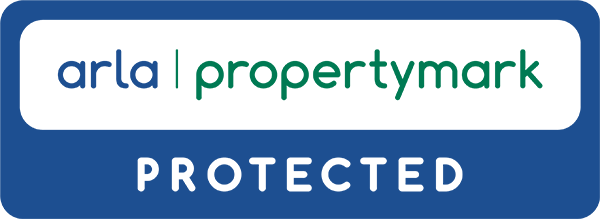Decent Homes Standard promises new guidance for damp and mould in rented homes by summer
With the growing problem of mould and condensation in the private rented sector, the government has promised to update its guidance around damp and mould in rented properties by the summer.
Poor conditions relating to damp and mould in both the social and private rented sectors is in the spotlight, with the sad death of two-year old Awaab Ishak in 2020 pushing the issue into sharp focus. An online petition for "Awaab's law" to be introduced has been signed by over 170,000 people giving landlords 14 days to carry out damp and mould inspections, and then seven days to start repairs if a health risk is found.
According to the 2021-2022 English Housing Survey, some 11% of private rented homes and four percent of social rented housing had problems with damp. The situation has been exaserbated by the cost of living crisis, with rising inflation and especially the huge increases in energy bills, meaning that people are less likely to properly heat their homes, open a window to ventilate properly or use energy on extractor fans and tumble driers.
What's the current legislation on damp and mould?
Current lettings legislation requires private landlords to ensure the property is fit for human habitation at the start and during the tenancy, under the Landlord and Tenant Act 1985. Specifically "freedom from damp" is listed as a condition of this obligation.
The Homes (Fitness for Human Habitation) Act 2018 refers landlords to the Housing Health and Safety Rating System (HHSRS), which outlines the 29 circumstances when a property could be deemed unfit for human habitation. Damp and mould are specifically referenced, and a variety of acts governing how landlords manage the repair and maintenance of their rental properties mention dampness and mould. The HHSRS also outlines advice on how to determine the presence of these hazards in rental homes. Although the HHSRS assessment is currently not "necessary" for a court to decide whether the property is fit for human habitation, local authorities can use the guidance to identify those hazards and enforce action against landlords.
The Decent Homes Standard
The Decent Homes Standard refers to damp and mould as one of the hazards to identify through the HHSRS. However the standard does not currently apply to the private rented sector. That's all set to change however, when the Renters' Reform Bill proposals are introduced later this year, which will make meeting the standard a legal obligation. The government's intent is that the Decent Homes Standard will help ensure that homes in the private rented sector are "warm and dry", and that it's unacceptable that some renters are living in damp or mouldy homes.
How can landlords stay compliant?
The landlord guidance for the Homes (Fitness for Human Habitation) Act 2018 places the obligation on landlords to keep the structure and exterior of a property as well as its service installations - such as water supply - in a good state of repair. If damp and mould issues occur due to a lack of maintenance or because of structural problems in a rental property, the landlord should take action to rectify it.
If a tenant finds an issue with the property that they believe makes it unfit for human habitation, they need to notify their landlord or lettings agent in writing. The landlord or their agent would then need to deal with the issue in "a reasonable amount of time", according to the act's guidance.
However, the guidance also outlines that the landlord doesn't need to "remedy unfitness" if it has been caused by the tenant's behaviour, such as damp caused by poor ventilation. In addition, the tenant needs to ensure that they adequately heat and ventilate the property to avoid damp building up, and causing mould.
When will the guidance on damp and mould be updated?
The government has promised new guidance for damp and mould in rented homes by the summer of 2023, with the Decent Homes Standard making landlord's obligations regarding damp and mould more “explicit”. In addition, the private renters' ombudsman outlined in the Renters' Reform Bill is expected to oversee tenant complaints in the future, including those related to mould and damp.
The government's current advice can be found here: https://www.gov.uk/renting-out-a-property/making-repairs
To find out more about your obligations as a landlord, or to speak to us about managing your property on your behalf, call 0161 511 5339 or contact us to speak to one of our lettings specialists.
This blog article is intended as a guide only, and does not constitute legal advice.





